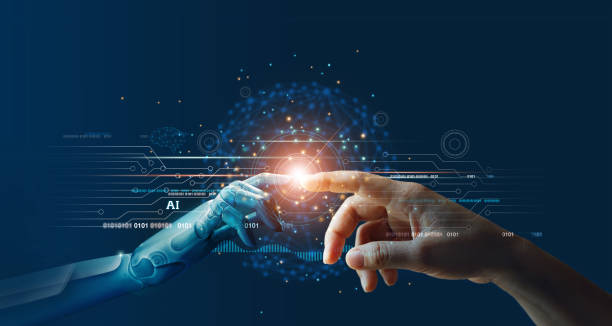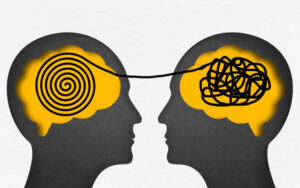Hello Everyone! Welcome to SasVibe. As artificial intelligence continues to evolve, its impact on humanity grows more profound and multifaceted. AI is transforming industries, reshaping economies, and influencing societal norms, prompting critical discussions about its ethical, social, and existential implications. Here, we delve into the key areas where AI intersects with human life and the ongoing debates surrounding its integration.
AI in Healthcare
Artificial intelligence is revolutionizing healthcare by enabling early disease detection, personalized treatment plans, and efficient patient care. AI-powered diagnostic tools can analyze medical data with remarkable accuracy, helping doctors make informed decisions. However, this raises concerns about data privacy, the potential for errors, and the need for human oversight.
Ethical Considerations
The ethical implications of AI are vast and complex. Issues such as bias in AI algorithms, the potential for job displacement, and the decision-making power of autonomous systems are at the forefront of these discussions. Ensuring that AI is developed and deployed responsibly requires a collaborative effort from technologists, ethicists, policymakers, and the public.
AI and Employment
While AI promises increased efficiency and innovation, it also poses a threat to traditional job roles. Automation and AI-driven processes are expected to displace certain types of jobs, particularly those involving repetitive tasks. However, this shift could also create new opportunities in AI development, maintenance, and oversight, highlighting the need for workforce adaptation and retraining.
Human-AI Collaboration
Rather than replacing humans, AI has the potential to augment human capabilities. By handling mundane and repetitive tasks, AI allows humans to focus on more creative, strategic, and empathetic aspects of work. This synergy can lead to enhanced productivity and innovation, provided that the balance between human and machine contributions is carefully managed.
Societal Impacts
AI’s integration into daily life is reshaping societal norms and behaviors. From smart home devices to AI-driven social media algorithms, AI influences how we interact, communicate, and consume information. This pervasive presence raises questions about privacy, autonomy, and the long-term effects on human cognition and social structures.
The Future of AI
Looking ahead, the future of AI holds both promise and uncertainty. Continued advancements in AI technology could lead to unprecedented benefits in various fields, but they also necessitate careful consideration of ethical, social, and regulatory frameworks. Ensuring that AI serves humanity’s best interests requires ongoing dialogue, inclusive policy-making, and a commitment to ethical principles.
Conclusion
The intersection of AI and humanity is a dynamic and evolving landscape. As we navigate this complex relationship, it is crucial to prioritize ethical considerations, ensure equitable access, and foster a collaborative approach to AI development. By doing so, we can harness the transformative potential of AI while safeguarding human values and societal well-being.
For further exploration into the ethical and social implications of AI, you can visit Future of Life Institute and AI Now Institute.



